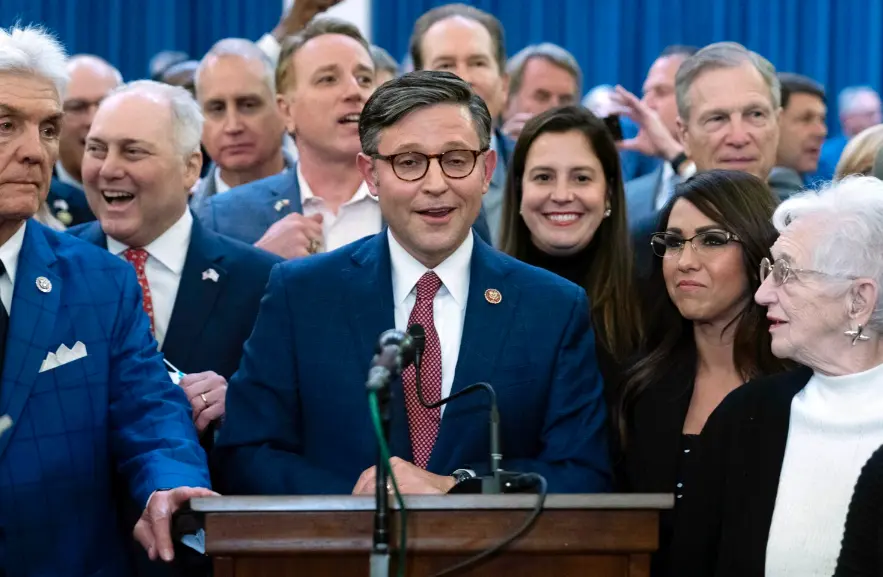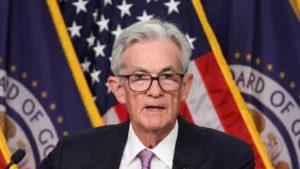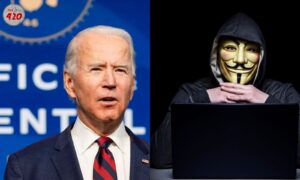
The Republican Party in the U.S. House of Representatives is facing internal chaos as the vote for the next Speaker draws closer. The turmoil follows the historic ousting of former Speaker Kevin McCarthy, a move that has deepened divisions within the party. With no clear consensus on a successor, the uncertainty has sparked concerns about the party’s ability to unify and lead, especially at a time when key legislative issues like government funding and national security are on the horizon.
McCarthy’s Ouster Shakes the GOP
Kevin McCarthy’s unprecedented removal as Speaker has sent shockwaves through the Republican caucus and the broader political landscape. McCarthy, who served as Speaker since January 2023, faced mounting opposition from the conservative wing of the party, particularly over his handling of government spending and his willingness to compromise with Democrats. His ouster marks the first time in U.S. history that a Speaker has been removed through a vote initiated by their own party, highlighting the growing rift between establishment Republicans and more hardline factions.
The vote to remove McCarthy was spearheaded by Rep. Matt Gaetz (R-Fla.), a prominent member of the party’s right-wing bloc. Gaetz and his allies have criticized McCarthy for failing to uphold conservative principles, while moderates in the party argue that the ongoing infighting is damaging the GOP’s credibility.
A Fractured GOP Seeks Leadership
With McCarthy out of the picture, the Republican caucus is scrambling to find a new Speaker who can unite the party. However, the division between moderates and hardliners makes it difficult for any candidate to gain widespread support. Several prominent Republicans have thrown their hats into the ring, including House Majority Leader Steve Scalise (R-La.) and Rep. Jim Jordan (R-Ohio), each representing different factions within the party.
Scalise, a longtime figure in GOP leadership, is seen as a more traditional choice who could appeal to the party’s moderates. Jordan, on the other hand, is favored by the far-right Freedom Caucus, which is pushing for a more conservative agenda. The challenge for the GOP is finding a candidate who can bridge these factions and restore unity ahead of critical legislative battles.
Implications for Legislative Agenda
The uncertainty surrounding the Speaker race comes at a critical time for the House of Representatives. The government narrowly avoided a shutdown in late September, and lawmakers will soon need to address long-term funding solutions to keep federal agencies operating. Additionally, issues like immigration reform, healthcare, and national security will require strong leadership in the House.
Without a clear Speaker in place, the GOP risks stalling key legislative efforts, which could further weaken the party’s standing among voters. The leadership vacuum also raises questions about the party’s ability to effectively challenge President Biden’s administration on policy matters in the lead-up to the 2024 elections.
Conclusion
As the Speaker vote nears, House Republicans find themselves in a state of disarray, with no clear path to resolving their internal divisions. The next few days will be crucial in determining not only the future leadership of the House but also the Republican Party’s ability to govern effectively. With key legislative issues hanging in the balance, the GOP faces the difficult task of uniting around a new leader who can steer the party through a turbulent political landscape.


